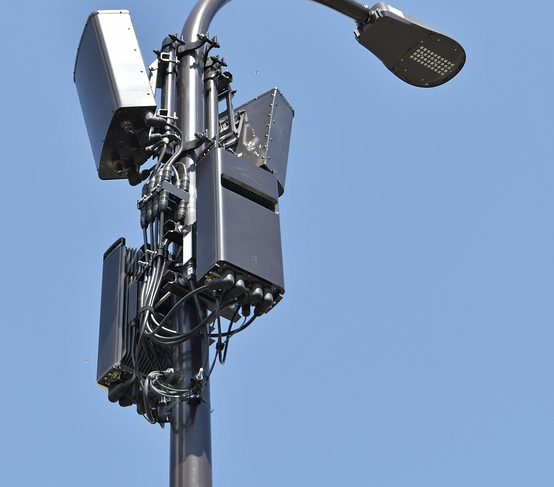
OTTAWA – After recently challenging the aggressive sales practices of telecom companies at a CRTC hearing in Gatineau the prior week, John Lawford was across the river in Ottawa taking another swipe at telcos at the annual conference of the International Institute of Communications Canadian chapter.
Lawford, executive director and general counsel of the Public Interest Advocacy Centre, was given 15 minutes on Thursday to make his case in a presentation called “Lust, Lies and Stupidity: Thirty Years of Canadian Telecom Policy.” This time his message was specifically aimed for members of the federal government’s Broadcasting and Telecommunications Legislative Review Panel who were in the audience.
“Look out for lies, exaggeration and self-fulfilling hopes that are based on a lot of hyperbole – and to deflate that and decide what we want telecom to do for society and for the economy,” Lawford summarized in an interview with Cartt.ca after his talk. “If that can be built into the Telecom Act more than it already is then great.”
“It’s insane that we don’t have a lifeline program for low-income Canadians. Companies should have an obligation to provide service to everybody and that should be written into law.”
But rather than seeking to improve access for Canadians, the push by the telecom industry seems solely for better technology, he explained.
“It’s insane that we don’t have a lifeline program for low-income Canadians. Companies should have an obligation to provide service to everybody and that should be written into law.” – John Lawford, PIAC
“Just connect everybody. They don’t necessarily want to have 5G,” he said, adding that telcos and cablecos are hoping the Telecommunications Act will be amended to allow them to place 5G cells on public infrastructure, such as hydro poles and traffic lights, and override provincial and municipal jurisdiction.
In fact, the CRTC chair and CEO Ian Scott outlined that case earlier in the day at the IIC conference and days prior when he talked to the Senate.
“Jurisdiction over access to passive infrastructure, such as rights-of-way…that cut across provincial and municipal jurisdictions, as well as private interests, will need to be resolved,” said Scott to IIC delegates on Thursday.
His “hope is that legislative changes will empower the CRTC to resolve disputes, order access and establish guidelines regarding passive infrastructure. The solution may lie in expanding our authority to resolve disputes as they apply to non-traditional structures, such as lamp posts and bus shelters. Access to these structures will be critical for the efficient deployment of future technologies.”
However, Lawford fears broader telco access to infrastructure could mean less, rather than increased, consumer access to broadband and wireless networks.
Currently, telcos pay hydro utilities to use their poles to attach fibre and copper wires and the revenue generated goes toward paying for the electricity delivered to hydro customers, said Lawford. However, if telcos get cheaper access to hydro poles, Canadians could end up facing higher hydro rates and inevitably steeper bills from telcos for 5G wireless service, he argues.
Before that happens, a federal-provincial ministerial meeting or joint task force examine the jurisdictional issues and costs of such a move should happen, in Lawford’s view.
Telecom companies have stated the Telecommunications Act is supposed to take precedence in telecom matters over other levels of government because telecom is a federal responsibility. However a 2003 court case gave the power, at least when it comes to hydro poles, back to the provinces and those hydro companies have since dramatically raised pole attachment fees. Rogers, Bell, Telus and many others have told government and the CRTC and the BTLR panel the Act should be amended to make it clear the Commission rules in these matters.
However, said Lawford, the regulator at least should stick to the sidelines on the issue, and not, as Scott did before the Senate committee and the IIC event, be “shilling” for telcos to roll out 5G, said Lawford.
“The industry should be making that case,” he said. “The CRTC should stay out of it.”


